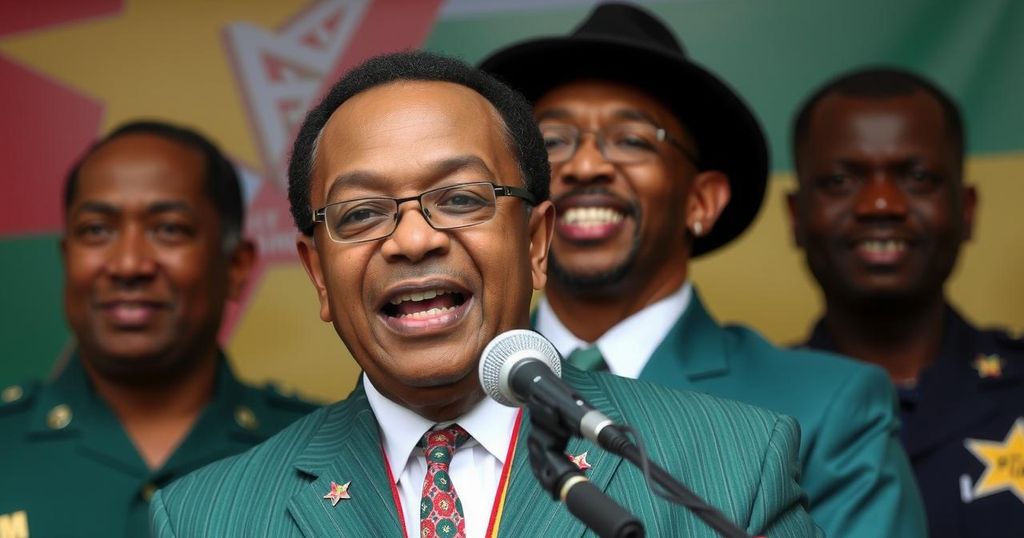Mozambique’s Supreme Court Upholds Frelimo Victory Amid Protests and Allegations of Fraud

Mozambique’s top court affirmed Frelimo’s election win, resulting in protests alleging vote rigging. The Constitutional Council’s ruling is expected to aggravate unrest, with reports of over 130 deaths amid protests. The opposition claims the electoral process was compromised, prompting concerns about the government’s stability and economic growth.
On Monday, Mozambique’s top court confirmed the ruling Frelimo party’s victory in the controversial October elections, which have incited widespread protests from opposition groups alleging electoral fraud. The Constitutional Council’s decision, regarded as final, has prompted fears of escalating unrest in the country, which has experienced significant turmoil since the elections. Observers have characterized the elections as neither free nor fair, with the aftermath resulting in the deadliest protests in Mozambique’s history, leading to over 130 fatalities in clashes between demonstrators and police.
During the announcement in the capital Maputo, it was declared that Frelimo’s Daniel Chapo won approximately 65% of the vote, a decrease from the electoral commission’s initial report claiming over 70%. The Council’s revised seat allocation also differed from that of the electoral commission, yet no explanation was provided for these changes. Despite ongoing accusations of vote rigging against Frelimo since 1994, the party continues to deny these allegations.
Chapo stated his commitment to improving the lives of all Mozambicans during a Frelimo gathering. Opposition leader Venancio Mondlane’s representative expressed concerns that the will of the voters was disregarded, stating, “We never thought that the electoral truth would be trampled. The will of the people was obliterated.” Furthermore, unrest has disrupted foreign business operations, notably affecting Australian mining company South32 and resulting in the temporary closure of a key border crossing with South Africa. An IMF official cautioned that Mozambique’s projected economic growth for 2024 may fall below the previously anticipated 4.3% due to these disturbances and the recent Cyclone Chido.
Following independence in 1975, Mozambique has been governed by the Frelimo party, which has faced accusations of electoral fraud and mismanagement throughout its nearly five-decade rule. The introduction of multiparty elections in 1994 was intended to promote democratic governance; however, significant systemic issues have persisted, leading to repeated allegations of vote rigging by the opposition and international observers. The most recent elections have intensified these controversies, driving many citizens to express their disenfranchisement through protests.
The confirmation of Frelimo’s election victory by Mozambique’s Constitutional Council amidst allegations of electoral fraud is likely to exacerbate the existing tensions in the country. With large-scale protests resulting in significant casualties and disruptions to economic activities, the implications of this ruling extend beyond the political landscape, jeopardizing Mozambique’s economic stability and social order. Furthermore, the government’s commitment to addressing the grievances of the electorate remains a pressing concern.
Original Source: www.cnn.com






